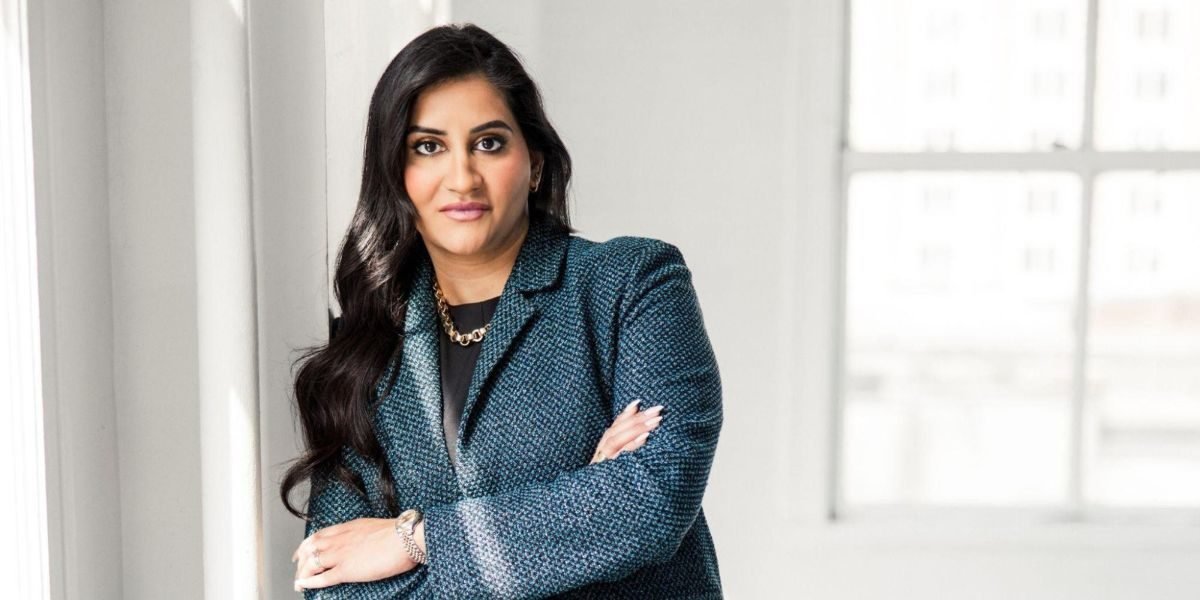By: Maria Williams
When a student-penned an article on the rise of women-led law firms in Canada that recently appeared on the Canadian Bar Association’s (CBA) website, it didn’t just highlight a trend, it captured a quiet revolution already underway across the country.
The CBA, a supporter of gender equity in the legal profession, has been tracking this shift closely, offering programs and networks to help women lawyers rise, lead and reshape the field.
One woman lawyer who is a part of this shift is Afshaan Jiwaji, founder of Jiwaji Law. When she opened her firm in British Columbia, it was a bold response to a legal system that too often left both lawyers and clients behind.
“The old model wasn’t built for us or for our clients,” she says in an email interview, responding from her office in British Columbia. “So, I built what I couldn’t find.”
And she’s not alone. Across Canada, a growing number of women lawyers are walking away from traditional firms to build something new. They want workplaces rooted in empathy, equity and purpose. It’s more than a reaction to burnout or broken systems. It’s a reimagining of what law in Canada could be.
Turning a Breaking Point into a Beginning
After years in high-pressure legal environments, Afshaan realized the traditional firm structure wasn’t serving anyone, especially not women-led businesses, underrepresented founders, or community-rooted entrepreneurs.
That frustration became a catalyst. With a sharp legal mind and a people-first mindset, she launched Jiwaji Law in 2025. “Jiwaji Law is a modern law firm that is strategic, human-centered, and values-driven. One that meets clients where they are and helps them grow with confidence. The timing felt right to create what I couldn’t find elsewhere,” she adds.
What Inclusivity Looks Like on the Ground
Many firms talk about inclusivity but Afshaan builds it into every layer of her practice. From flexible payment models to pro bono office hours, her team takes a practical approach.
“Inclusivity is not just a value. It’s embedded in our processes, communication, and hiring practices. We meet clients where they are, using plain language and collaborative workflows to demystify legal complexities,” she explains. “Our model is grounded in lived experience, not just legal theory.
Evening consults for working entrepreneurs, transparent pricing, legal advice without jargon, are all the kinds of client-centered practices that’s reinstating trust in the legal profession especially among those who’ve felt ignored or underestimated.
Law With a Human Touch
Ask Afshaan what sets her firm apart, and she won’t start with credentials, instead she’ll talk about relationships. Inspired by her late father, a first-generation immigrant who worked hard to build a life for his daughters, she wants to lead with empathy and integrity.
“At Jiwaji Law, we don’t just look at your legal issue, we ask about the bigger picture. What are you building? What’s keeping you up at night?,” she shares. The result is a deeper kind of service – collaborative, strategic, and grounded in real life.
Her firm has moved away from bloated billing structures in favor of efficiency and clarity. And inside the firm, the culture reflects the same values such as mentorship over hierarchy, respect over competition and sustainability over burnout. According to Afshaan, when lawyers feel empowered, clients can feel the difference.
A Different Kind of Leadership
In traditionally male-dominated fields like corporate and tax law, Afshaan has found that clients often breathe easier in a women-led environment. Women clients, in particular, are finding a new kind of safety and strength in these spaces. “They tell us, ‘You speak my language,’” she says. “And that’s not just about tone, it’s about trust.” That feedback fuels her mission which is to create a firm where every client, regardless of gender or background, feels seen and respected.
For younger women in law, Afshaan is building what she wishes she had – true mentorship and flexible leadership. “Traditional firms didn’t give me the room to support anyone’s full growth,” she recalls. “I was just a cog in the machine.”
Now, her firm deliberately steps away from rigid billable targets to make space for professional development and human connection. The goal is to raise the bar for what leadership looks like and who gets to lead.
With plans to expand across British Columbia and Alberta, Afshaan has always been about impact when it comes to success, not numbers.









